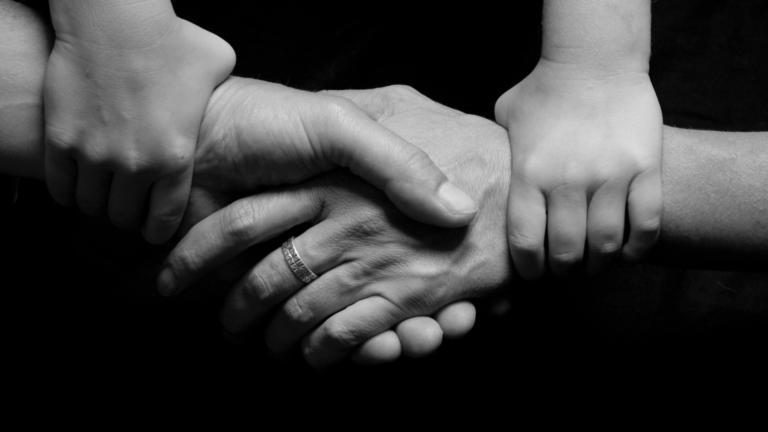So, very recently, my family and I planned an intimate movie night. It was great fun! The movie itself was so captivating but right after I found myself lost in a whole different tangent of thought. Well, when we watch movies, the adults always seems to get a better grip of each situation, they look at every scenario and assess it but with children, we never know. As I got into bed later that, I couldn’t help but wonder, do our children perceive things similarly to us? Do they view all the positive scenarios as positive? And do they negative ones stick with them for life?
In the adult world, this is slightly different. For us oldies, movies are considered therapeutic, in fact, that is why we have something called “cinema therapy”. This is because movies allow us to briefly escape from reality and enter a world of fantasy, even if it’s just for a little while. Often when we watch movies of situations familiar to us or ones that reflect our own struggles, we experience tons of benefits. Movies can be a great source of emotional release and can usually be the perfect way to make sense of our daily struggles. While sad movies help us feel better and grateful for our lives at certain points, thrillers make us feel pleasure due to the release of cortisol and dopamine.
However, unlike grown-ups, children under the age of 12 are able to separate information from their senses. That is why we probably don’t view things the same way. Not only does this apply to physical senses but also the information collected by their brains.
Though it is a little complex to understand, what I mean is, there are certain negative situations, violent scenes, inappropriate acts and so on that parents must watch out for when selecting and viewing movies. Though the investigation still needs thorough research, for now, I’ve combined a list of tips for parents:
- Before playing a movie, check for MPAA rating and find out what others have to say. Reviews are often quite helpful and can guide you on what to expect throughout the film.
- Parents should monitor their child’s screen time. Children usually tend to keep clicking buttons till they find the right cartoon or YouTube video to watch. However, these might have inappropriate ends somewhere in the beginning or the end, so make sure you’re present and vigilant to skip them.
- If your child seems upset by a movie you’re watching together, don’t force them to watch it. Or if you can, just turn it off and watch something you both would enjoy.
- When watching movies together, parents must be attentive, watch out for the type of content being previewed, discussing scenes and lastly their feedback on how they thought the movie was.
Taking time to put these suggestions in place might not help you become able to answer the question of what exactly your child views through their eyes but it will most certainly help you interact with them create a deeper bond and essentially help you figure out what they’re thinking or what generally goes on through their mind.






You must be logged in to post a comment.